Protocols & Pathways: Indigenous Film Sets
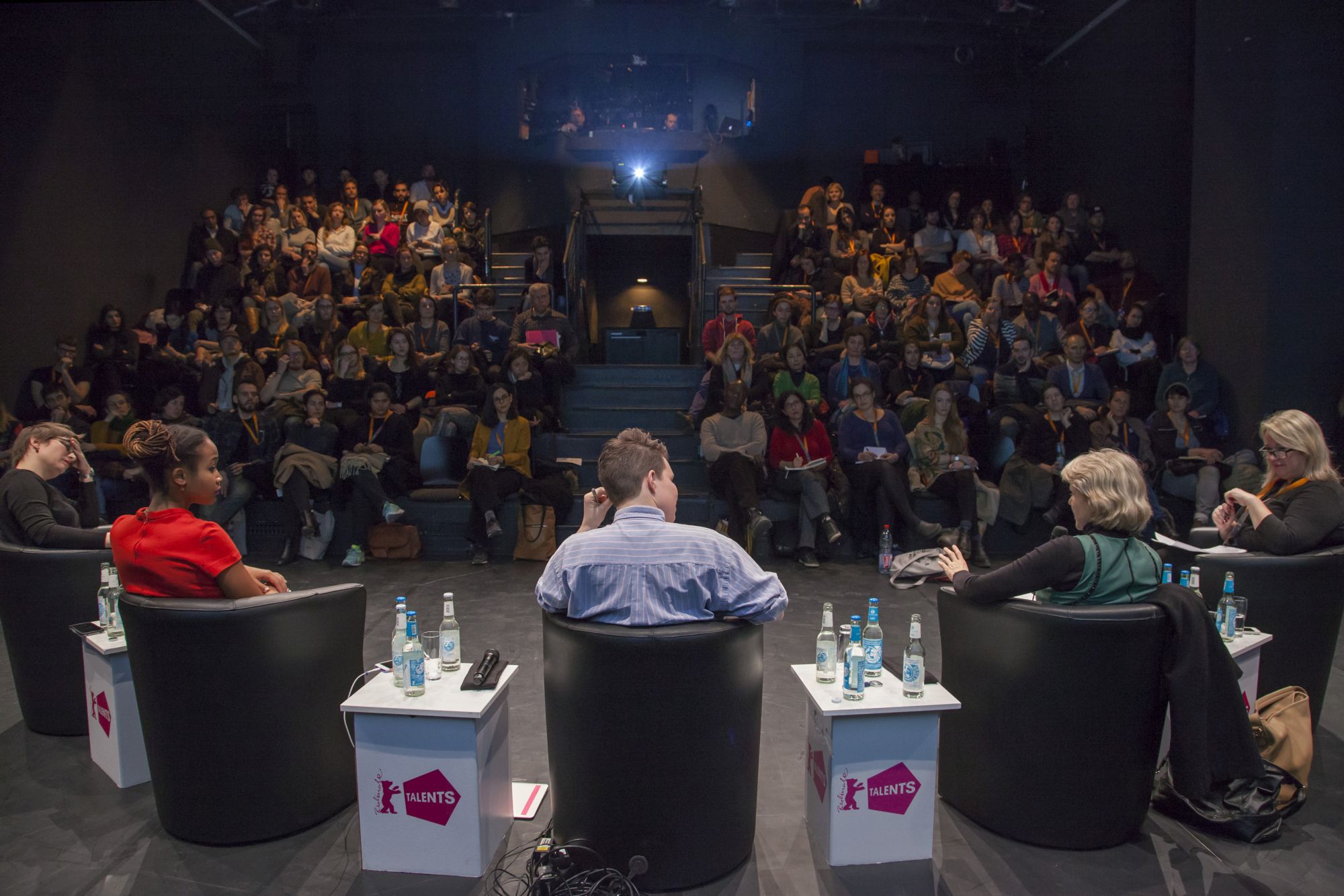
Protocols & Pathways: Indigenous Film Sets
- Date
- Feb 24th 2020
- With
- Jason Ryle, Tusi Tamasese, Zoe Leigh Hopkins moderated by Marjorie Bendeck
What are the ethics of ownership when the story told is that of an Indigenous community? Creatives from Canada, Samoa, and Sápmi speak of the significance that responsibility, sensitivity and collective exchange take on in their work. Zoe Leigh Hopkins and Tusi Tamasese discuss their roles as directors on set. They share insights into the creative processes and how to deal carefully with narratives of their native communities, which are often connected to long traditions of oral storytelling. The conversation then broadens out in both geographical scope and subject with Anne Lajla Utsi of the International Sámi Film Institute, as she brings funding and production practises in line with ethical principles.
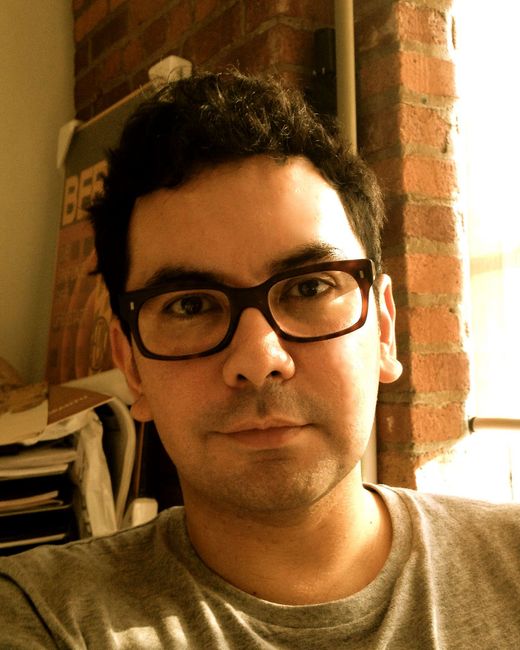
Jason Ryle
Executive director at the imagineNATIVE Film + Media Arts Festival, the world's largest Indigenous film festival, based in Toronto. He also sits on the Board of Directors for Vtape, an independent video distributor, and is a script reader for The Harold Greenberg Fund. As an award-winning writer, Jason has written for the Smithsonian Institution and several publications throughout North America.
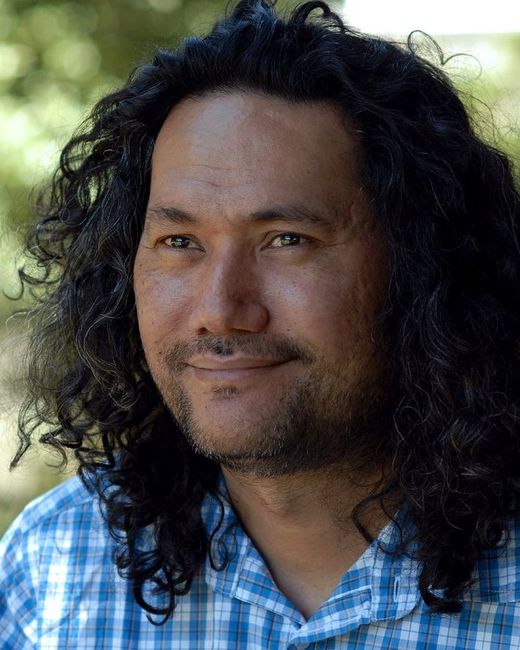
Tusi Tamasese
Tusi Tamasese studied social sciences at the University of Waikato before graduating from the New Zealand Film & Television School. He went on to receive a master’s in screenwriting at the International Institute of Modern Letters at Victoria University in Wellington. His film THE ORATOR screened in the Berlinale’s NATIVe programme in 2013. ONE THOUSAND ROPES premiered in Panorama in 2017.
© Amelia Handscomb
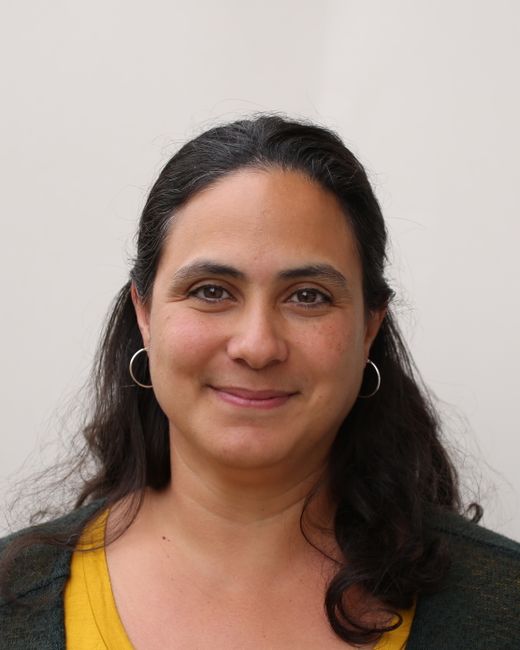
Marjorie Bendeck
Originally from Honduras, she holds degrees in communications, marketing and organizational psychology, as well as film studies in Mexico and the EICTV in Cuba. Based in Germany since 2003, engaged as consultant for co-production markets, festivals and funds, as well as mentor for training initiatives in Europe, the Middle East and Latin America. She is co-head of studies of the production department at the Filmakademie Baden-Württemberg, currently manages the Locarno Open Doors Projects Hub and is director of Connecting Cottbus East-West Co-production Market. Marjorie worked as selection advisor, catalogue author and moderator throughout the special series Berlinale NATIVe - A Journey Into Indigenous Cinema.
© Karl Tebbe
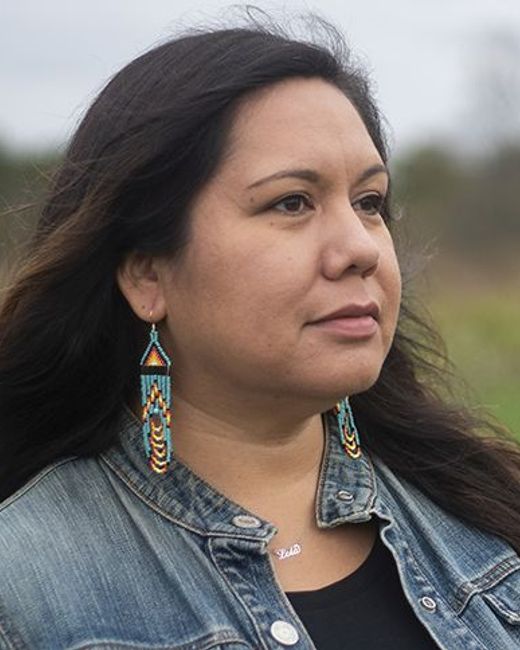
Zoe Leigh Hopkins
Zoe Hopkins is a Heiltsuk and Mohawk woman, born in Bella Bella, a fishing village on Canada’s west coast. She is now raising her son in her father’s community of Six Nations, Ontario, where she learned to speak and teach the Mohawk language. She drew upon her personal connection to the Great Bear Rainforest for her award-winning first feature film, KAYAK TO KLEMTU, and is now in post-production on her second feature film, RUNNING HOME.
© Ian Maracle